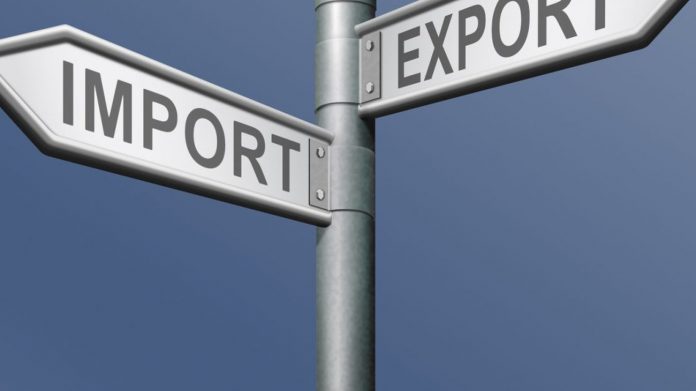KARACHI: When international crude oil (OPEC basket) prices nose-dived by 71.35 per cent, the decline in electricity tariffs was only by 28 per cent from the first quarter of 2013 till the end of 2015.
As the cost of production did not come down in line with the global trend, the local industrial production became uncompetitive in the world market which led to the decline in exports of Pakistan. Subsequently, a surge in imports increased the economic challenges for policymakers to manage the current account and fiscal position.
Presently, Pakistan’s imports stand at $ 53 billion as compared to only $ 20 billion of exports, which accrued to a trade balance deficit in FY17 to $ 32.6 billion, according to Pakistan Bureau of Statistics (PBS).
As per the report of World Bank’s (WB) on Doing Business 2018, Pakistan ranked very poorly at 167 out of 190 in getting electricity. The price of electricity stood at 18.8 cents/Kwh which is among the highest in the region with the exorbitant cost of new connection and very high number of time delays. According to some reports, it has been one of the biggest reasons for the fall of exports. Overall, Pakistan stands at number 147 in Doing Business 2018.
The higher cost of electricity consumed to produce goods increases the variable production cost. It means the prices of exportable goods in Pakistan are higher as compared to other competitors in the global market. Therefore, the cheaper competing products make the shelves in the global market as Pakistani products fail to compete in prices.
In a report published by Karachi Chamber of Commerce and Industry, KCCI has stressed that there was a need to shift from monopoly to competition in the energy sector.
Pakistan is yet to allow multiple private electricity transmission and distribution companies to operate while targeting the same consumers through infrastructure sharing.
There are challenges but these should be handled through all-encompassing reforms on war-footing to promote investments which have become very critical for economic prosperity as the balance of payments situation of the country is not very promising while China Pakistan Economic Corridor (CPEC) is opening up new opportunities for investment which the country cannot afford to miss.
KCCI in its research report was especially critical of KE’s performance. It compared KE’s performance with that of UAE since KE is being managed by UAE based Abraaj Group.
“There is simply no match in costs and performance. It appears that KE is just a source of minting money and fleecing the consumers with extremely exorbitant costs topped up with extraordinary time delays. Under such a situation, it would be quite difficult to turn the economy on the path of prosperity with thriving industries, growing exports and booming investments,” the report asserted.




